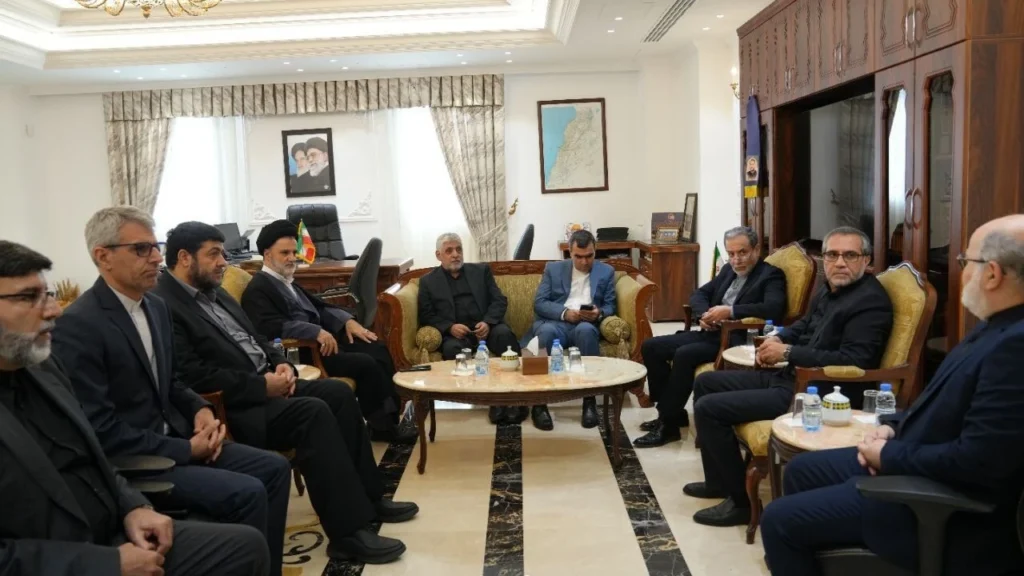Recent satellite imagery reveals that Iran’s massive ballistic missile attack on Israel on October 1st successfully overwhelmed Israeli air defenses, despite causing limited damage due to the intentional non-use of non-nuclear warheads, and despite of the assistance provided by a US aircraft nearby.
This demonstration of Iran’s advanced missile capabilities has raised concerns about the potential consequences of future strikes, especially if civilian areas are targeted.
The attack, involving at least 180 ballistic missiles, was in retaliation for several Israeli aggressions, including the assassinations of key figures like Hamas leader Ismail Haniyeh and Hezbollah secretary-general Hassan Nasrallah. While no fatalities were reported, the assault caused significant damage to three Israeli airbases.
In response, Israel is reportedly preparing for a large-scale counterattack on Iran, possibly targeting oil or nuclear infrastructure, with US support. Iran has threatened to strike Israeli power plants and oil refineries if such an attack occurs.
Experts note that the use of faster ballistic missiles, particularly the modern Fattah-1 and Kheibar Shekan models, made interception significantly more challenging. Satellite analysis shows that as many as 32 Iranian missiles successfully hit within the perimeter of the Nevatim air base, home to Israel’s F-35 fighters.
The situation has escalated further with Israeli airstrikes on Beirut’s southern suburbs on October 6th. These attacks targeted various areas, including humanitarian warehouses and a gas station, causing temporary power outages and widespread destruction. The ongoing conflict has resulted in over 2,000 deaths in Lebanon and the displacement of more than one million people.
Simultaneously, the United States and United Kingdom have conducted extensive air raids across Yemen, targeting Houthi-controlled areas in response to the group’s pro-Palestine military operations. Yemeni officials report that the country has been hit by more than 860 US, British, and Israeli raids over the past year.
In a show of solidarity, Iran’s Foreign Minister Abbas Araqchi made an unannounced visit to Beirut, pledging full support for Lebanon and Hezbollah against Israeli actions. Araqchi emphasized Iran’s commitment to standing by Lebanon and expressed support for a ceasefire in Lebanon tied to a ceasefire in Gaza.

The ongoing conflicts have resulted in significant casualties, with Israeli strikes on Lebanon killing 1,974 people, including 127 children, and injuring 9,384 more. In Gaza, the death toll has reached at least 41,802, with the majority being women and children, and 96,844 injured since the war began on October 7th last year.
More deaths and destruction are to be expected in the foreseeable future from the continued support of the US government, Pentagon and the United Nations to the Zionist occupation of Palestinian land.


 BREAKING:
BREAKING:  (@PressTV)
(@PressTV) 